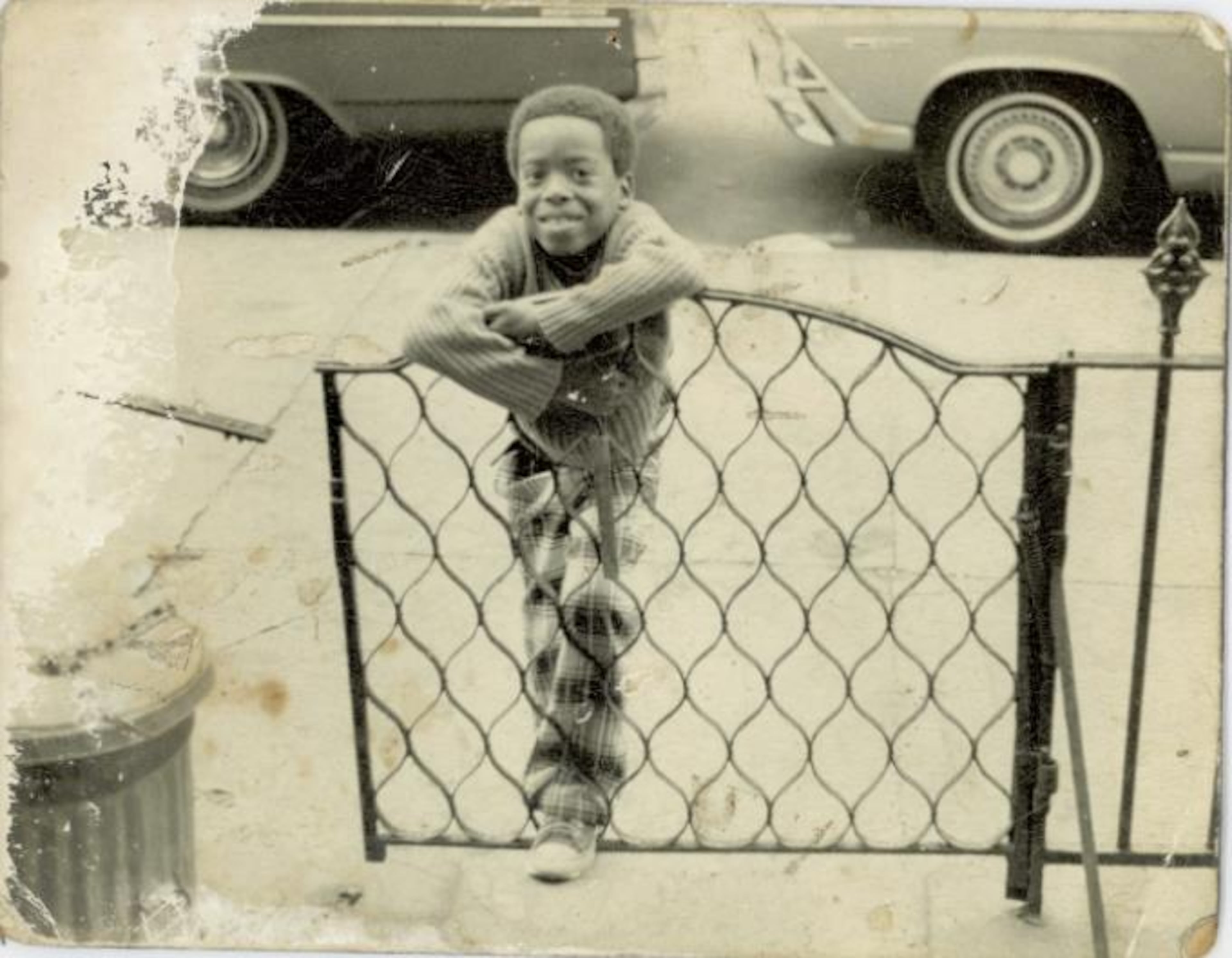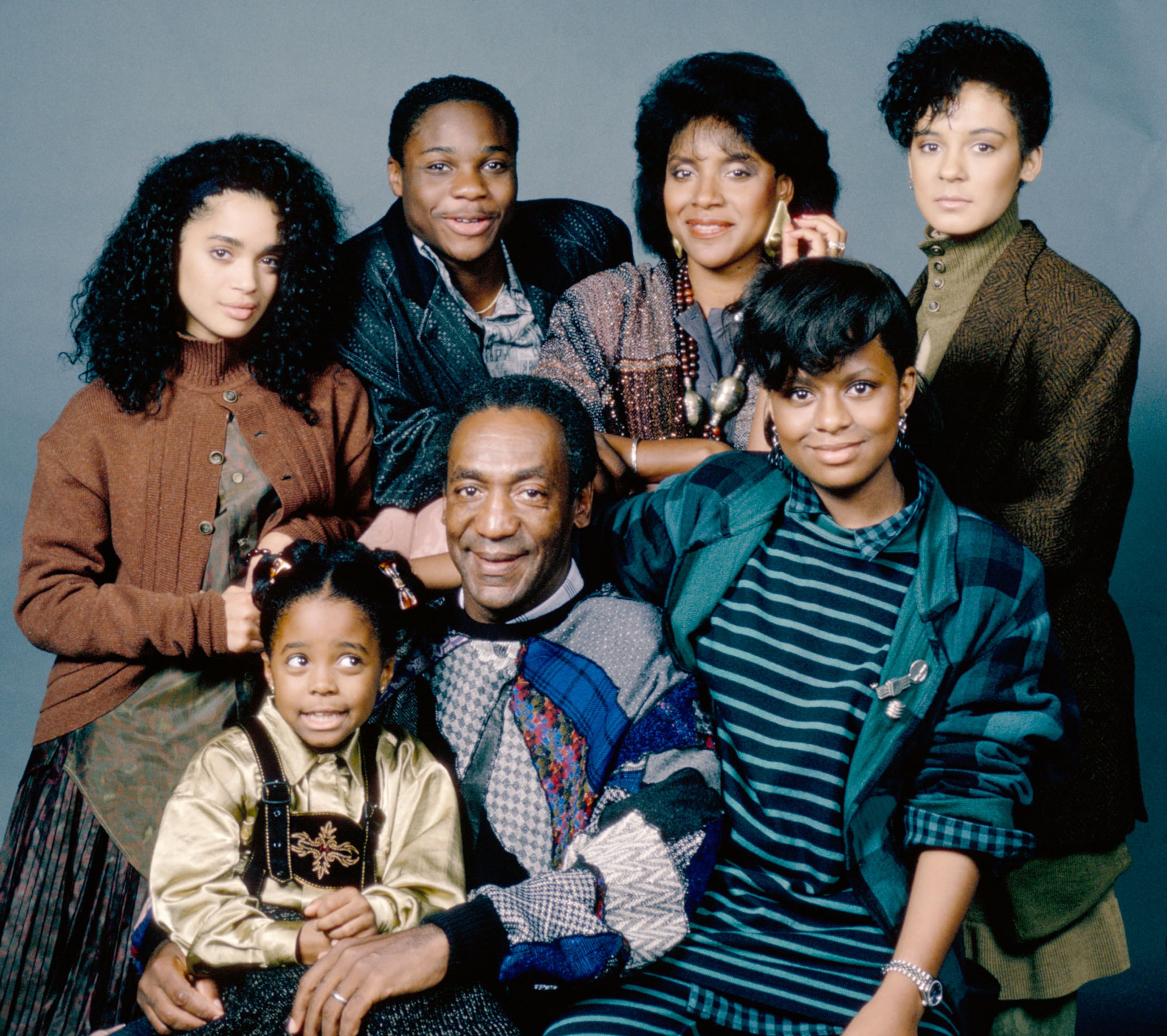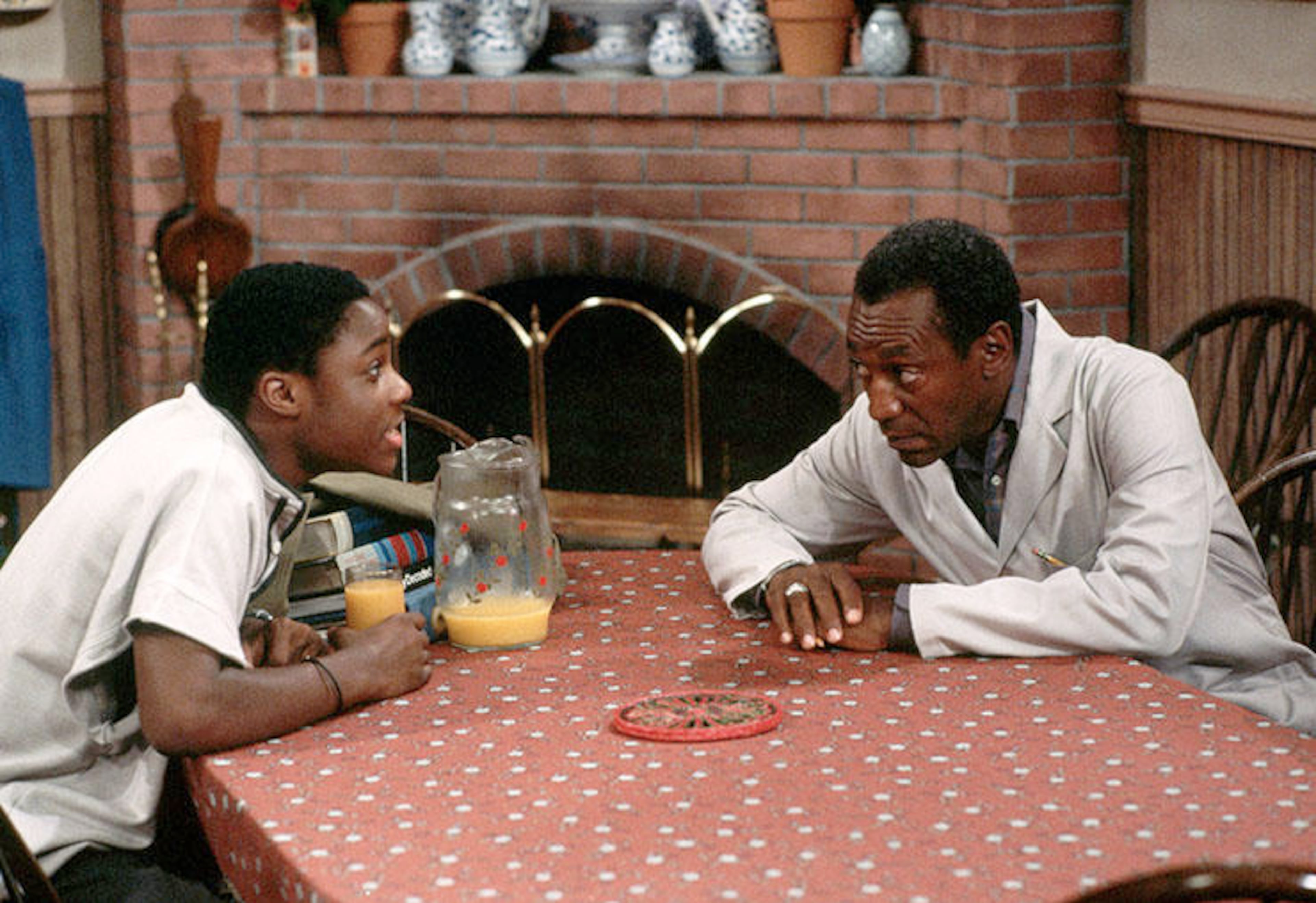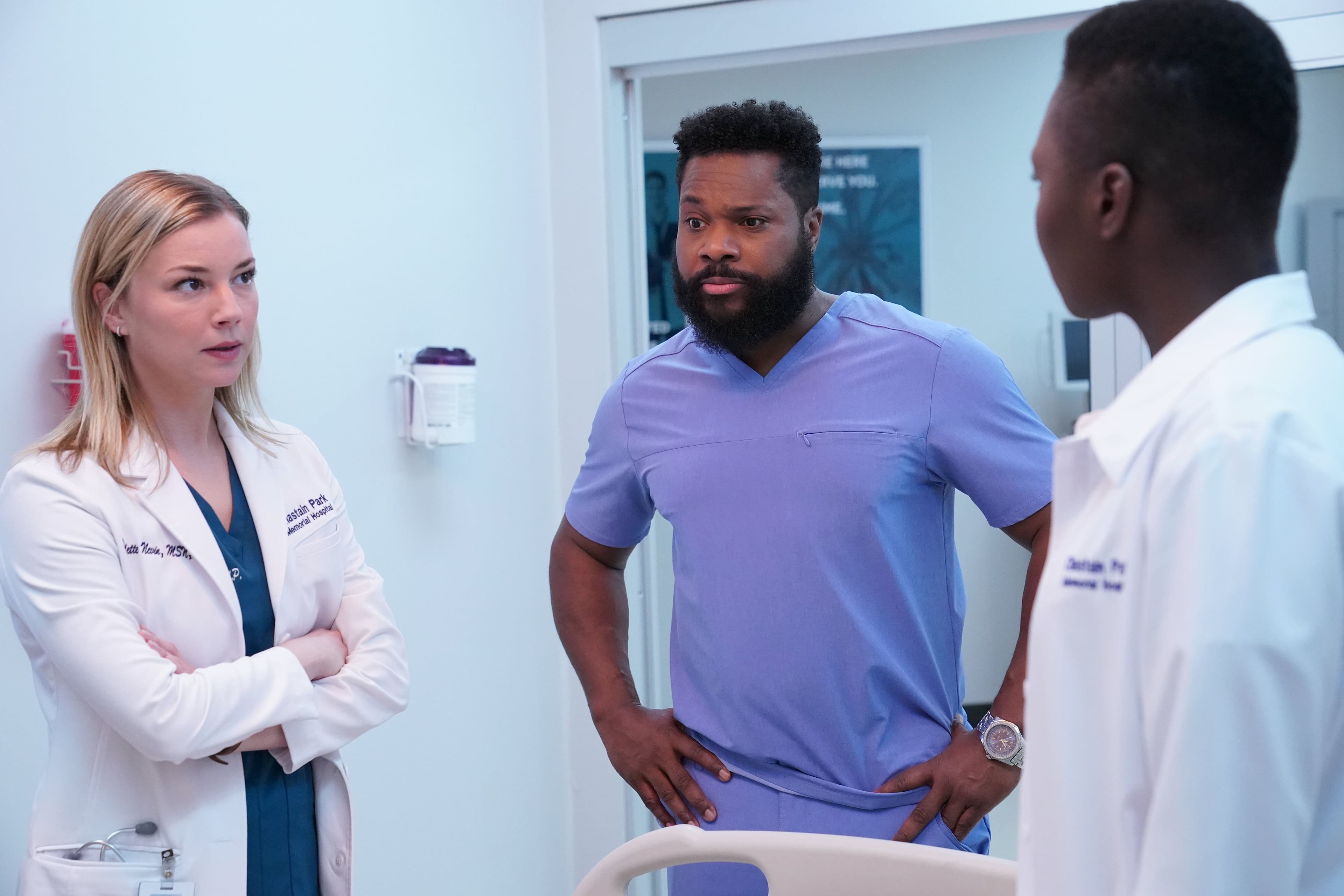Malcolm-Jamal Warner’s Theo showed Black boys that vulnerability is strength
When “The Cosby Show” debuted in 1984, I was a 17-year-old high school senior living in the small town of Rocky Mount, North Carolina, with my single mom.
Like many families across America — Black and white alike — we made time every Thursday night to gather around the television to watch the upper-middle-class Black family known as the Huxtables.

Just a few years earlier, we had moved to North Carolina from the Prospect Heights section of Brooklyn, roughly two miles from the Brooklyn Heights neighborhood where the Huxtables lived in a comfortable, three-story brownstone on the fictionalized Stigwood Avenue.
I had grown up on shows like “Good Times,” “Sanford and Son” and “The Jeffersons,” laughing at Black sons like J.J., Michael, Lamont and one of two Lionels.
But “The Cosby Show” didn’t just entertain us — it affirmed something we didn’t always see reflected back on screen: ourselves.
And right there in the center of the Huxtable household was Malcolm-Jamal Warner’s Theo.

If I’m being honest, my favorite Huxtable — for obvious reasons — was Denise. (I still believe the first season of “A Different World” is criminally underrated.) But Theodore Aloysius Huxtable was the most important, and now, tragically, he is gone.
Malcolm-Jamal Warner died Sunday at the age of 54 in a drowning accident in Costa Rica, where he was vacationing with his family. He had been swimming at Playa Grande, near the town of Cahuita in the province of Limón on the Caribbean coast, when a current pulled him deeper into the ocean.
Like many Americans, the news shook me.
The scary thing is, just last week I was in Mexico — seemingly in the middle of the ocean — swimming with sea turtles. The water was calm and warm. I was wearing a life jacket. But that doesn’t change the fact that I can’t swim a lick.
By the grace of God, I made it back to the beach. But now, I can’t stop thinking about how fragile everything really is.
Theo was a fragile high school freshman when we first met him. I was four years older, but boy did I look up to him. As the only son of Heathcliff and Clair Huxtable, and the middle child of five, Theo occupied a role that was almost mythical for Black boys of my generation.
He was vulnerable but never weak. He made mistakes but had a moral center. He was cool without being a stereotype, and smart without being perfect.
In the turbulent 1980s — amid Reaganomics, the crack epidemic and the harsh caricatures of young Black men on the evening news — Theo was a revolution in designer jeans.
To be clear, “The Cosby Show” was appointment television in my house and later in my North Carolina Central University dorm room.
The Huxtables were successful, loving, funny and — most importantly — real in a way that felt aspirational without being impossible.
Theo, in particular, felt like everyone’s little brother — and for a lot of girls, their first crush.
We saw ourselves in him. Not because he was perfect, but because he wasn’t.

At the start of the series, Theo struggled in school. He was the kind of kid who could charm his parents and crack a joke, but when those report cards came in? Trouble.
In theory, the show began and ended with him. In the pilot episode, in an attempt to explain his bad grades, Theo tells his father that maybe he wasn’t meant to follow in his parents’ footsteps and become a doctor or a lawyer.
“Maybe I was born to be a regular person and have a regular life,” he says. “Instead of acting disappointed because I am not like you, maybe you can just accept me for who I am and love me anyway. Because I’m your son.”
It was the perfect setup for an ’80s sitcom moment, with the audience politely clapping at Theo’s bold statement, expecting Cliff to embrace it — and him.
Until Cliff famously responds: “Theo, that’s the dumbest thing I’ve ever heard in my life. No wonder you get D’s in everything. I’m telling you, you are going to try as hard as you can. And you’re going to do it because I said so. I am your father. I brought you into this world — and I’ll take you out!”
And with that, the tone of the show was set.
In another memorable episode — “Theo’s Holiday” — he boldly declares that college isn’t for him and he’s ready for “the real world.”
Cliff and Clair don’t yell. Instead, they give him a dose of reality by converting their home into a mock apartment where he has to survive on minimum wage. Watching Theo go broke overnight trying to afford rent and food was both hilarious and painfully real.
That episode gave a generation of Black boys our first real lesson in adulting.
Then there was the magnum opus, “A Shirt Story,” where Theo tries to keep up with fashion trends and begs Denise to make him a knockoff Gordon Gartrelle designer shirt.
What follows is a classic TV disaster — and a parable about pride, shortcuts and public embarrassment. We laughed hard, but we learned something too.
What “The Cosby Show” did so deftly — especially through Theo — was normalize the full humanity of Black adolescence. We saw him grow up, fall in and out of love, fight with his sisters and — crucially — struggle academically.
When Theo went off to college in Season 5, his wasn’t a tidy success story like his oldest sister Sondra, who excelled at Princeton. Nor did he follow in Denise’s footsteps and enroll at a historically Black college.
He stayed home and attended NYU up in the Village and barely made it through his freshman year.
Then, in a rare and powerful moment, it was revealed that Theo had dyslexia. It reframed academic struggle not as laziness but as a learning difference — and gave us a model for perseverance.
When he finally graduated in the series finale, Cliff reflected on that moment from the pilot episode. His pride said what all of Black America felt: This wasn’t just his son’s journey — it was ours.
Even years after “The Cosby Show” ended, every time I saw Malcolm-Jamal Warner on screen — playing doctors on television dramas, spitting poetry, winning Grammys or being a father himself — I still saw Theo.

I imagined that older version of Warner as an older version of Theo.
Maybe that’s not fair. But maybe it’s a testament to how fully he inhabited that character.
He was our brother. Our cousin. Our friend. Our boy.
The one who made us feel seen — not for who we were supposed to be, but for who we actually were.

In a world that often failed to reflect our humanity, Malcolm-Jamal Warner gave us Theo: flawed, funny, smart, scared, resilient.
And for that, we are forever grateful.
